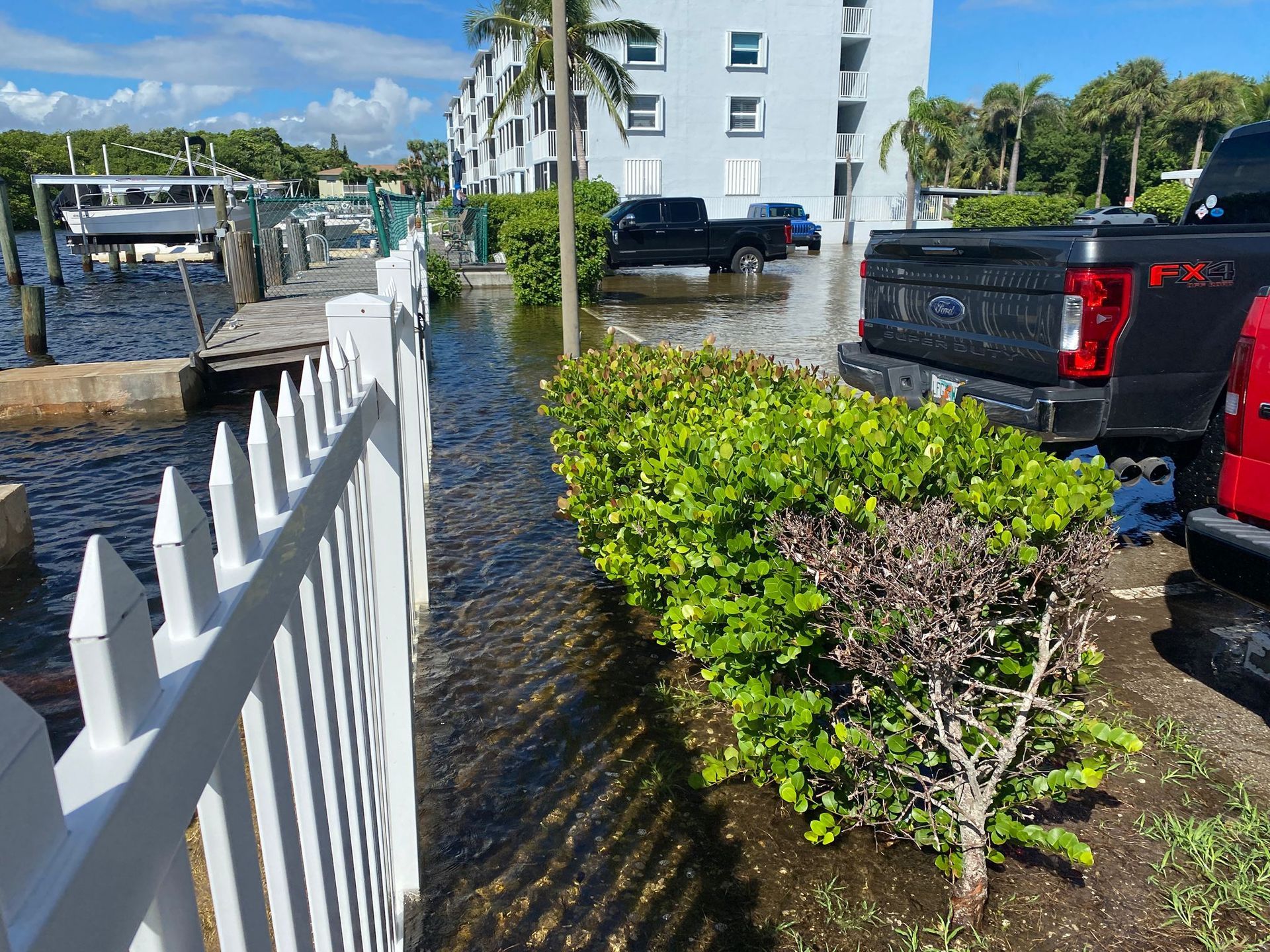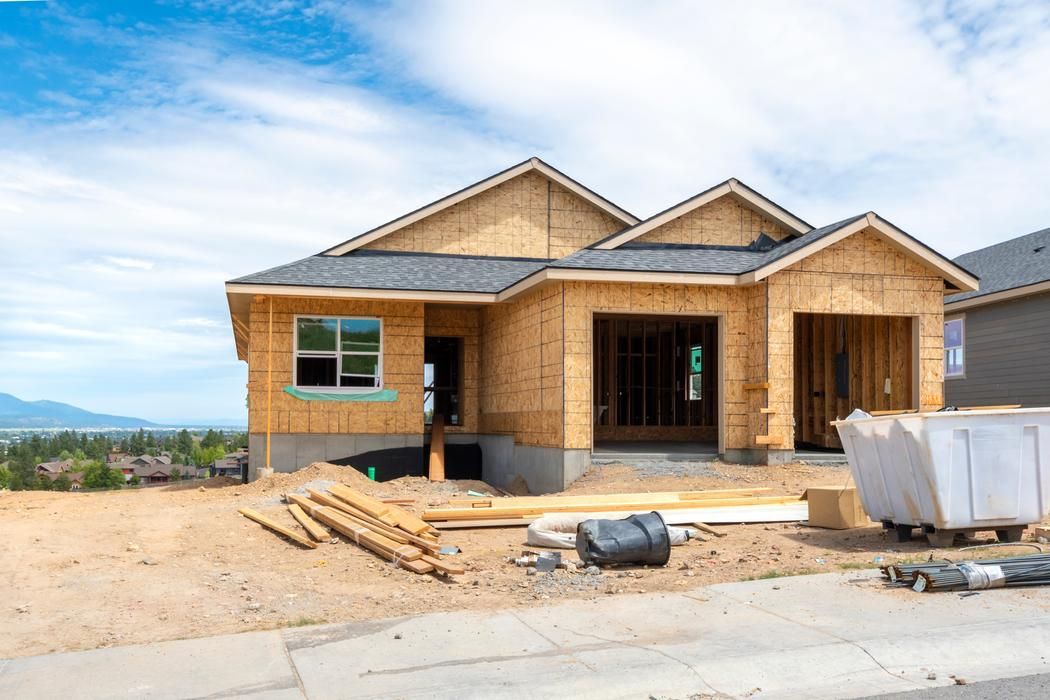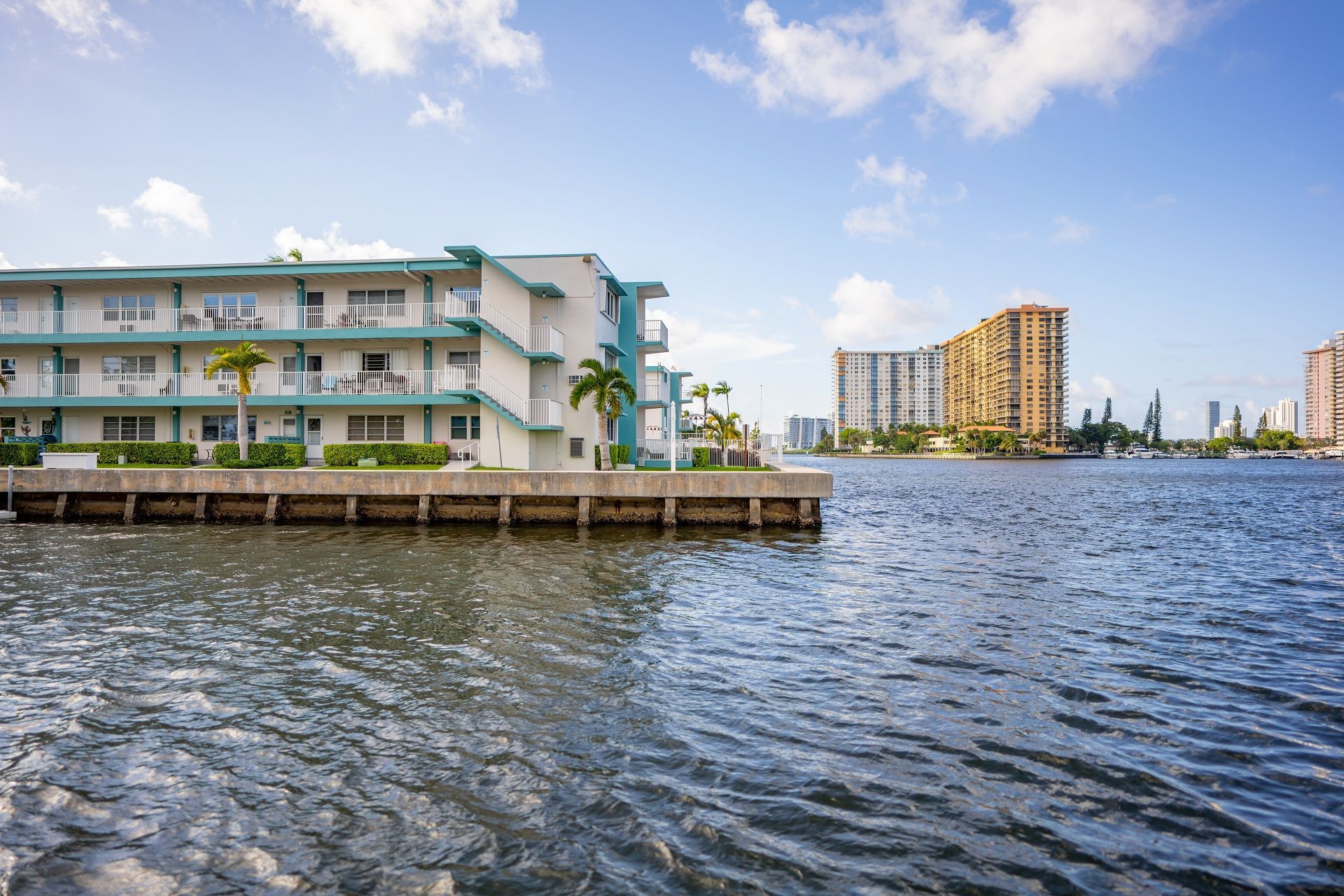Is There A Mandatory Requirement To Fire Doors Inspect?
It would be an understatement to say fire door assemblies are critical to the building’s protection. They compartmentalize the building into different parts but also stop the spread of toxic gases, smoke, and flames.
Just like all the other construction features, they are in need of periodic maintenance, repair, or replacement. This is where a
fire door inspection comes in - it reveals any deficiencies and ensures the door will operate as intended in case of a fire. Literally, a fire door inspection can save lives.
In the next few minutes, we’ll take a closer look at why these inspections are required and what they include.
Do New Fire Doors Require An Inspection?
Although the fire code is written with existing buildings in mind, it also applies to structures in the design or construction phases. According to NFPA 80 (Standard for Fire Doors and Other Opening Protectives), fire window assemblies and shutters need to be tested and inspected upon installation, as well as once any maintenance work has been completed.
Furthermore, the International Building Code (IBC) also calls for an inspection after fire door assemblies are installed.
Is A Fire Door Inspection Mandatory?
In Florida, the fire door inspection is a crucial component of the Fire Prevention Codes and is required by law. Since local laws are consistent with the NFPA 80, it’s the responsibility of the building operators to have their fire door assemblies examined in accordance with the international fire and building codes.
It’s also worth mentioning that occupancy types don’t matter when it comes to fire door inspection requirements - they apply to all fire doors regardless of the type of facility. The only exception is healthcare facilities funded by the Centers for Medicare and Medicaid Services (CMS). This doesn’t mean they don’t need fire door inspections - they simply adopt the NFPA 101 standard. So, the CMS enforces the inspection demands instead of the state fire marshal.
What Is Checked During A Fire Door Inspection?
Despite the fact many building operators are raging out over strict requirements, a fire door inspection can be the difference between life and death. Just a single door that fails to perform its function could lead to injuries, casualties, or unnecessary property damage because the fire and its effects weren’t confined to the starting area.
This is why a fire inspection verifies a large number of important criteria, such as:
- Fire door labels - labels must be present on all fire door assemblies. If they are missing, they must be applied by an authorized fire-labeling service.
- Number of holes or breaks in the door or the frame - fastener and other holes are treated as modifications and need to be reviewed to determine if they comply with the standards.
- Glass kit and glazing - according to the code, glass kits and glazing must be fastened, intact, and have to be labeled with information regarding fire testing and resistance.
- Condition of the door and hardware - all the aspects of the door need to be in working order and must be inspected from both sides.
- Reviewing deficiencies - no fire doors are allowed to have broken parts or deficiencies. If any are found in the report, they must be remediated within 60 days.
- Door clearances - the inspector must verify if the clearances are within legal limits.
- Spring hinges - fire doors must be self or automatic closing, which will be thoroughly tested during the fire door inspection.
- Door leaves - this only applies to pairs of doors where leaves must close at different times.
- Self-latching mechanism - fire doors must be self-latching in the closed position to make certain they remain closed in case of a fire. This stops fire and toxic gases from entering other areas of the building.
- Auxiliary hardware - door openings must not be modified with hardware that interferes with the operation of the door. A good example of this is a mechanical hold-open which could prevent the door from fully closing. Inspectors will also confirm whether any modifications void the label.
- Gasketing and edge seals - not every fire door assembly is required to have gaskets or edge seals, just those located in the corridors or smoke barriers. On doors where gasketing is warranted, it must be the proper type for the door and needs to be continuous.
- Method with which signage was installed - there are many rules regulating signage. For instance, it must cover less than 5% of the door surface and can only be attached with adhesive, not mechanical fasteners (screws or nails). It’s also forbidden to install signs of fire-rated glazing and no signs must interfere with the proper operation of the door.
What Should You Do After A Fire Door Inspection?
According to NFPA 80 requirements, the records kept after the inspection must contain information about the inspector, the facility itself, and each fire door assembly. Once the report is completed, it must be signed by the inspector, after which the authority with jurisdiction to enforce the fire code must review it.
All the records of the tests must be kept for the remainder of the fire door’s lifespan. Typically, inspection reports must be retained for three years. Do note that this applies to electronic records too. The report doesn’t have to be on paper, but it must be able to survive the three-year retention period.
Schedule A Fire Door Inspection With Certified Inspectors
Regardless of whether you’re scheduling an inspection after installing, performing maintenance, or just having your annual inspection, a fire door inspection is worth it. While the requirements seem pointless at first, especially if you believe your doors are in good condition, the laws are written for a reason.
A functioning fire door assembly can contain most fires, as well as minimize the health risk to the occupants and property damage. However, if doors fail to do their job due to a defect that could have easily been spotted during an inspection, they become a major contributor to the loss of life and property.
Here at
Certified Inspectors, we care about the safety of all Florida residents, and conduct inspections with utmost precision and attention to detail. Our pricing is competitive and we can deliver a fast and reliable report that will ensure you’re compliant with the current building and fire code.
Click here to receive a
free quote on a fire door inspection - keep your employees safe and stay compliant.
Disclaimer: The information on this website and blog is for general informational purposes only and is not professional advice. We make no guarantees of accuracy or completeness. We disclaim all liability for errors, omissions, or reliance on this content. Always consult a qualified professional for specific guidance.
Share the post:






